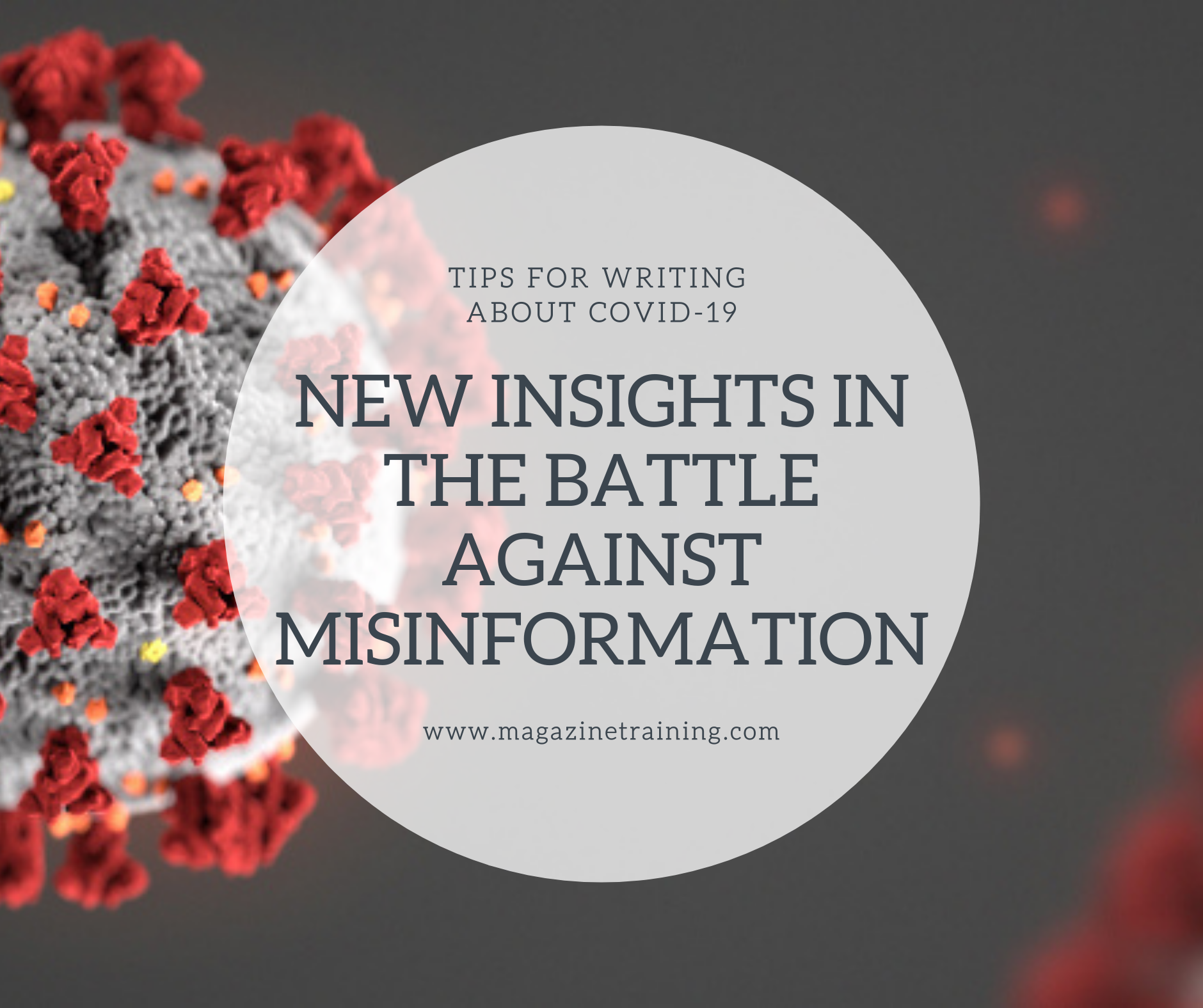
Philip Mai and Anatoliy Gruzd are at the forefront of global research on social media. On #mediadev, they discuss their research on misinformation, their new portal, COVID19MisInfo.org, and the future of fact-checking.
In March 2020, Philip Mai and Anatoliy Gruzd launched COVID19MisInfo.org to respond to the coronavirus pandemic unfolding in Canada and around the world. In the following email interview, they discuss their research on misinformation, the future of fact-checking and why this pandemic could have lasting effects on media literacy and the right to freedom of expression.
#mediadev: Looking at the example of COVID-19, how does your research impact our understanding of misinformation on social media?
Philip Mai/Anatoliy Gruzd: If we allow COVID-19 misinformation to spread unchallenged, it will undermine the work of public health officials and put the public and medical workers at risk of contracting or spreading the infection. In addition to the medical danger, COVID-19 misinformation can also be used to facilitate financial scams, identity theft and other data breaches. Misinformation about the virus can contribute to people’s fears and may cause them to act irrationally or even lead to instances of microaggressions.
By studying COVID-19 misinformation, we help the public, policy makers and social media platforms to better understand how misinformation about the virus spreads on social media, what types of false claims are likely to go viral, who is doing the spreading and who is being impacted. If we are successful, we will have played our part in helping to inoculate the public against COVID-19 misinformation and mitigate its spread during this pandemic and any future ones. The results will also be applicable to other forms of misinformation circulating on social media.
What are the overarching goals of your research on misinformation and how are you able to access the necessary data?
Our overarching goal with the COVID19MisInfo.org portal and the larger research project is to put a spotlight on COVID-19-related misinformation and to provide people with timely and actionable information that they can use to protect themselves and their communities.
“The COVID-19 infodemic may get worse”
As an interdisciplinary research lab, we were able to assemble a very robust and diverse team consisting of a computational social scientist, a communications professional and a former journalist as well as graduate and undergraduate students from various disciplines, including management studies, computer science and psychology. This allowed us to start gathering research data from a multitude of sources very quickly and build a new, public-facing COVID19MisInfo.org portal in just a few days.
We employ a variety of computational social science methods that combine approaches such as social network analysis and text analysis with big data analytics methods. For this research, we are using publicly available data provided by social media platforms and retrieved using either data collection tools built in-house, such as Netlytic to work with Twitter and YouTube data and Communalytic to work with Reddit data, or third party applications such as CrowdTangle to analyze publicly available data from Facebook and Instagram. Analyzing data across multiple platforms allows us to study the spread and impact of COVID-19-related misinformation across diverse communities and platforms.
What are the major false narratives that your research has uncovered surrounding the COVID-19 pandemic?
From examining over 2,300 fact-checked claims about COVID-19 shared since the beginning of this year, we have observed the following common themes of misinformation:
- Promoting fake tests and cures: This includes unlicensed COVID-19 tests, home remedies and natural medicines as a “cure” or a “preventive” measure to contracting the virus. We’ve found everything from drinking lots of water, to taking cocaine, to drinking bleach.
- Speculation on the origin: This is straight out of conspiracy thrillers and it panders to nationalism or xenophobia, claiming that the virus is the work of government labs. This theme includes claims that either Chinese, Canadian or US scientists created the coronavirus in a laboratory or that 5G technology somehow caused the sickness.
by Julia Sittmann, DW Akademie
Related posts
Magazine Training International’s mission is to encourage, strengthen, and provide training and resources to Christian magazine publishers as they seek to build the church and reach their societies for Christ.

